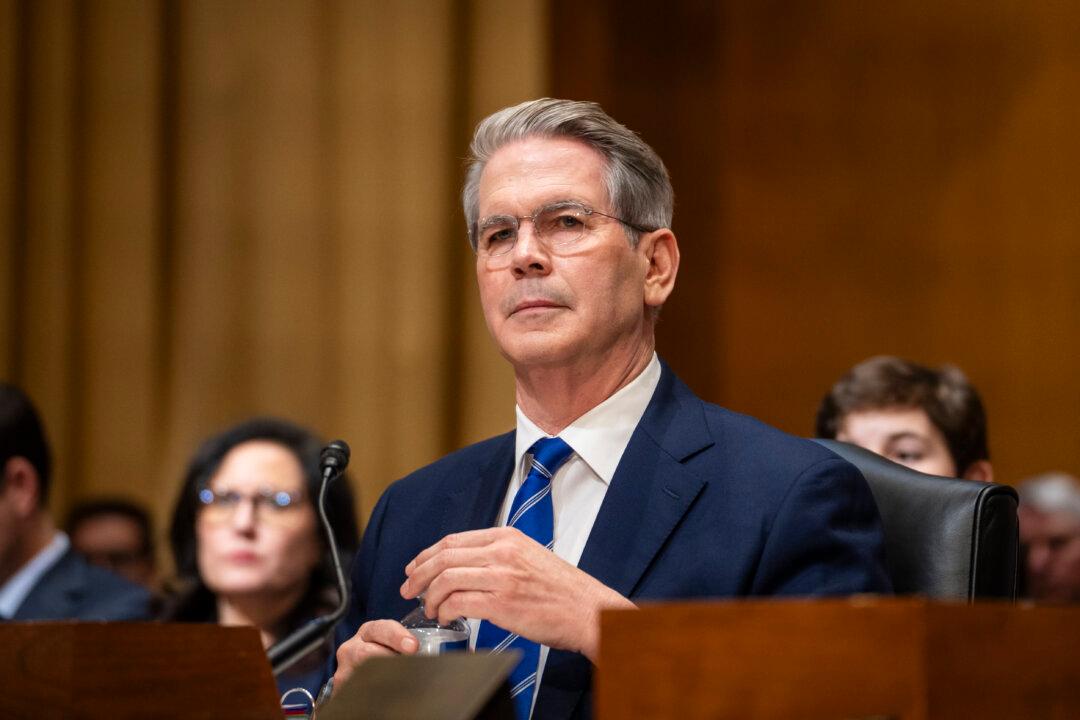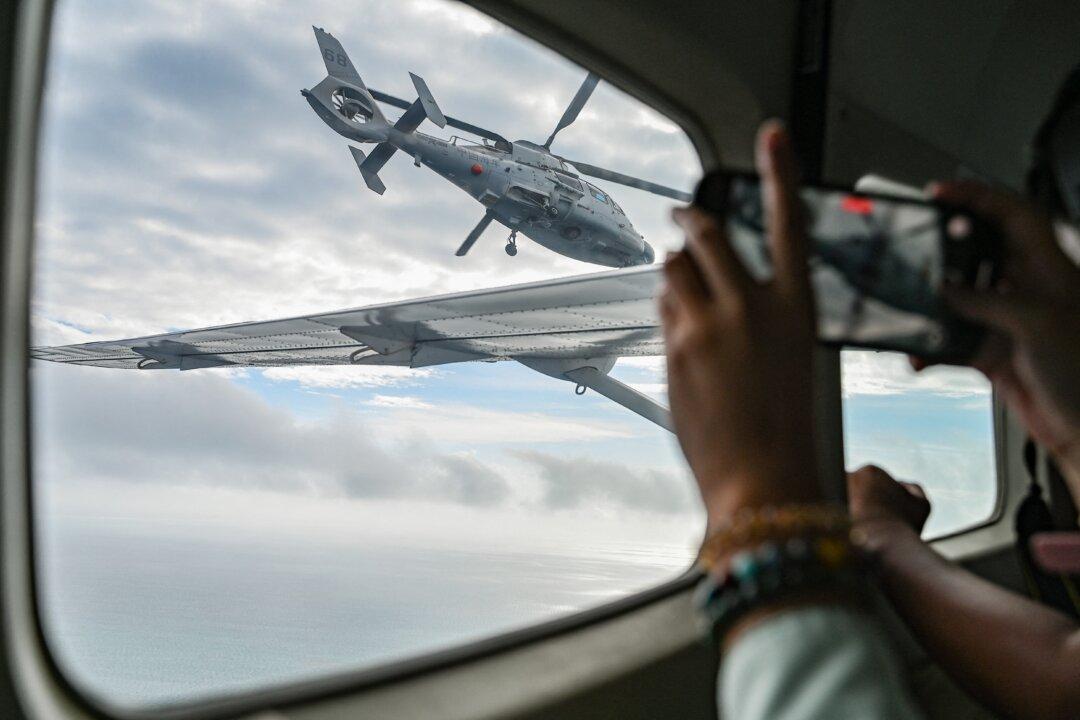On day 12 of Russia’s invasion of Ukraine, the communist regime in China described its relationship with Moscow as “rock solid,” and one that “will not be influenced by third parties.”
The regime made the statement amid growing international calls for Beijing to condemn Moscow’s aggression, a position the regime has continually refused to take.
Chinese Foreign Minister Wang Yi on March 7 referred to Russia as Beijing’s “most important strategic partner,” and the two countries’ ties as “one of the most crucial bilateral relationships in the world.”
“No matter how perilous the international landscape, China and Russia will maintain a strategic focus and promote the development of our comprehensive strategic partnership and coordination in the new era,” Wang told reporters at a news conference on the sidelines of the annual meeting of the country’s rubber-stamp legislature in Beijing.
The leaders issued a lengthy joint document in which Russia endorsed Beijing’s territorial claims on self-ruled Taiwan, and the Chinese regime backed Russia in opposing the further enlargement of NATO, a key justification for the invasion.

Since the invasion, the Chinese regime has repeatedly refused to openly back either side, instead walking an awkward diplomatic tightrope that observers note includes inconsistent messaging.
Such actions have led many to conclude that Beijing has effectively taken a pro-Russia stance, but doesn’t want to openly do so for fear of stirring anger or sparking sanctions from the international community.
Asked why Beijing refuses to denounce Russia’s assault, Wang repeated that Beijing judges “Ukraine’s situation” based on “the merits of the matter.”

The U.N. human rights office said on March 5 that at least 364 civilians have died since the Russian invasion began, while noting the figure is likely a vast undercount. More than 1.7 million people have fled the war in Ukraine.
Taiwan
Amid the war, much attention has been paid to the predicament faced by self-ruled island Taiwan, which, like Ukraine, faces rising aggression from its larger neighbor bent on bringing the territory under its control, by force if necessary.Wang, however, sought to dismiss the conflation of the issues of Taiwan and Ukraine, claiming that doing so is applying “a naked double standard” because the island has always been a part of China and is thus a domestic issue—a long-held position of the Chinese Communist Party—while the Ukraine crisis is a dispute between neighboring countries.
In response to Wang’s remarks, Taiwan’s Mainland Affairs Council said the Chinese regime’s actions, including its military harassment and efforts to diplomatically isolate Taipei, are the real cause of escalating regional tensions.

Taiwan’s Foreign Minister Joseph Wu, in announcing millions of dollars in aid for Ukrainian refugees, said on March 7 that the Taiwanese people are drawing inspiration from Ukraine’s fight against Russia.
“Let me say this from the bottom of my heart: You have been an inspiration to the Taiwanese people in facing threats and coercion from authoritarian power,” he told a news conference in Taipei.
“Many Taiwanese people will say as I do now: I’m Ukrainian,” Wu said, sitting in front of a large Ukrainian flag emblazoned with the message: “Taiwan Stands with Ukraine.”




